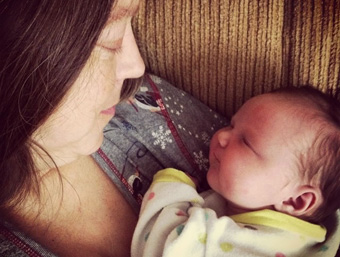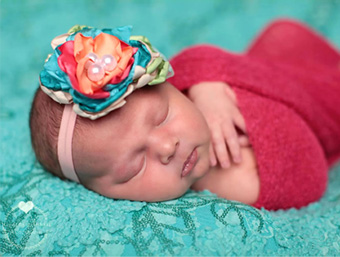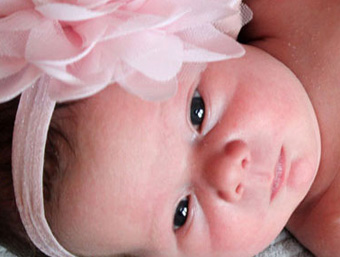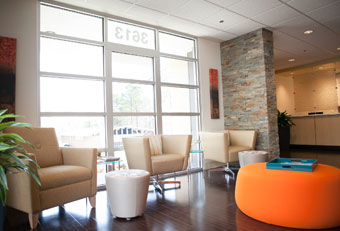
Tubal surgery is an excellent alternative to in vitro fertilization (IVF) for the treatment of tubal infertility. We have always known this to be true and we perform corrective tubal surgery for diseased, blocked, and tied fallopian tubes exclusively at A Personal Choice.
Benefits of Tubal Surgery : A ‘New’ Revelation
In June of 2008, the American Society for Reproductive Medicine (ASRM) published a review on the benefits of tubal surgery for infertility treatment. The publication is to remind infertility doctors tubal surgery is still a viable option for infertility treatment when tubal blockage is identified as the cause of the infertility.
The ASRM publication notes that tubal blockage and tubal disease are significant causes of infertility. In recent years, much emphasis has been placed on IVF and, as a result, IVF pregnancy success rates have steadily improved while pregnancy rates from corrective tubal surgery has remained relatively constant.
Infertility Treatment: Tubal Surgery Patient Selection
ASRM recommends tubal surgery for patients who are most likely to benefit from the effort and expense of surgery. We will review key points about who is likely to benefit from tubal surgery.
Infertility and Tubal Blockage: Where Is the Tube Blocked?
A hysterosalpingogram X-ray (HSG) or a diagnostic laparoscopy are the two ways to evaluate tubal blockage. If patients have blockage of the fallopian tube in either the proximal (part of fallopian tube nearest the uterine cavity) or the distal segment (end of the fallopian tube), then tubal surgery is a consideration and, for some patients, a better alternative than IVF. If the tubes are blocked in both parts of the tube then IVF is a better treatment.
Tubal Surgery or IVF : Which Infertility Treatment?
ASRM suggests that age is a very important consideration for who should have tubal surgery. Pregnancy rates decline in women undergoing either tubal surgery or IVF. ASRM suggests that IVF is a better treatment for women with significant tubal disease who are over the age of 35; however, ASRM admits there are many factors which could influence the choice of tubal surgery over IVF, namely cost, religious reasons, and personal preference.
Tubal Surgery: Summary
Corrective tubal surgery and tubal ligation reversal are successful alternatives to IVF for the treatment of infertility due to tubal blockage and tubal disease.
Comment By Dr. Monteith
As a corrective tubal surgeon, I was delighted to see ASRM validate the usefulness of tubal surgery. We have exclusively dedicated ourselves to tubal surgery and reversal of tubal ligation at A Personal Choice. At times, I feel that tubal surgery has been bypassed as an option being offered to women in place of the more ‘sophisticated and sexy appeal’ of IVF.
While reading the ASRM review of corrective tubal surgery, several key points jumped out at me.
Pregnancy Rates Based on Tubal Disease
The ASRM states that tubal reversal pregnancy rates after tubal surgery range from 10-80%. They group patients into two categories: tubal surgery for tubal disease and tubal surgery for reversal of elective sterilization (tubal ligation reversal). Pregnancy rates for the first group range between 10-and 60% and for the second group (tubal reversal patients) between 40-80%. IVF pregnancy rates are, on average, 35% per attempt.
We have consistently experienced high pregnancy rates among our patients for tubal ligation reversal. Most tubal ligations are reversible and , on average, about 70% of our patients become pregnant after tubal reversal. Pregnancy rates can be 80% or higher for reversal of tubal band/clip ligations and for women of younger ages.
Tubal surgery allows patients the chance to become pregnant each month. ASRM suggests monthly fecundity ( the monthly chance of becoming pregnant) ranges from 1-8% after surgery for tubal disease and 8-10% after tubal ligation reversal.
Infertility Treatment Costs: Tubal Surgery is Cost Effective
ASRM states the cost of each treatment should be a consideration. On average a single cycle of IVF costs between $9-14,000. Tubal surgery can cost as high as $15-35,000 at most centers. We have perfected an outpatient approach to tubal surgery and tubal surgery cost at our center (at the time of this publication) is $6400.
We strongly encourage readers to visit our ongoing series about tubal surgery after the age of 40. This series has information about IVF pregnancy rates compared with tubal surgery pregnancy rates.
Interested readers are also encouraged to read our Georgia Peach series, in which a tubal surgery patient details her personal experience with tubal surgery at our center.









